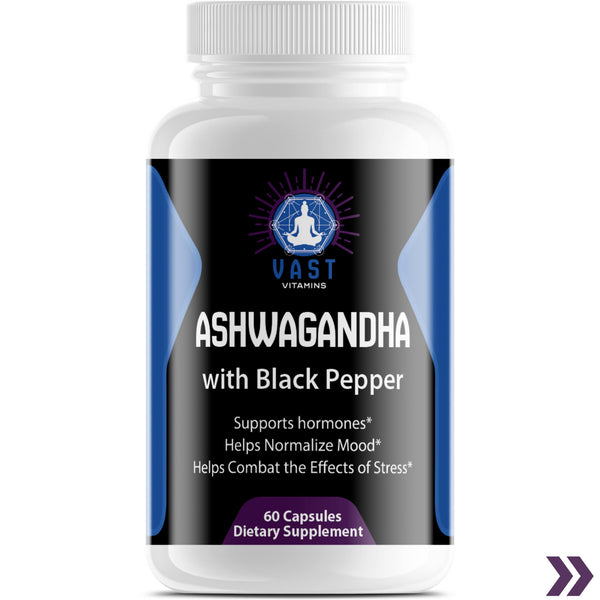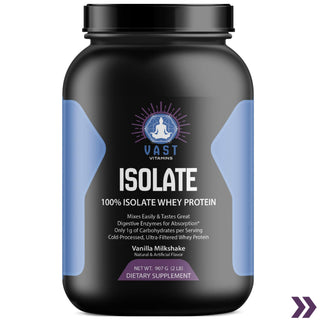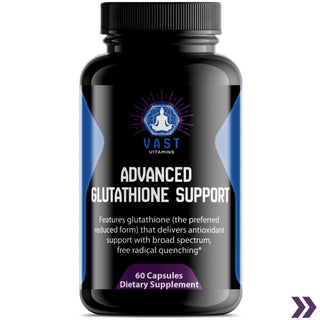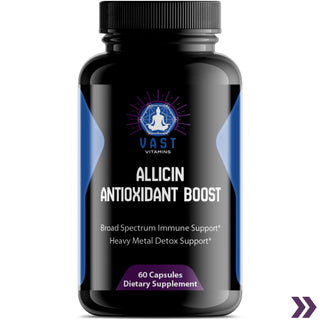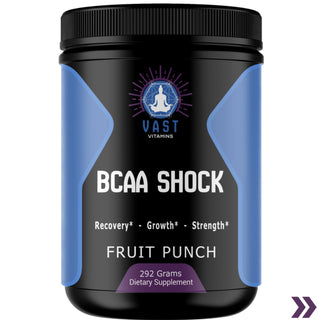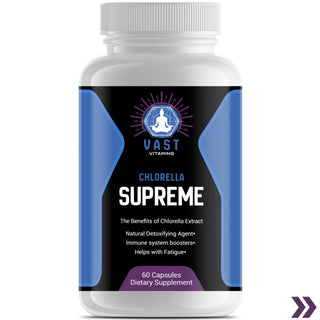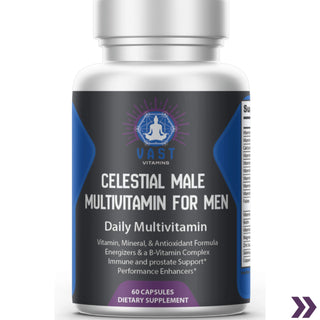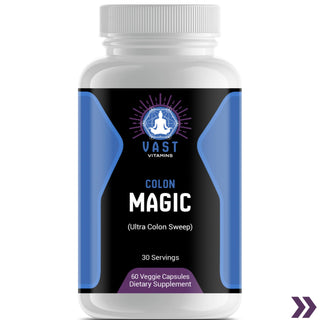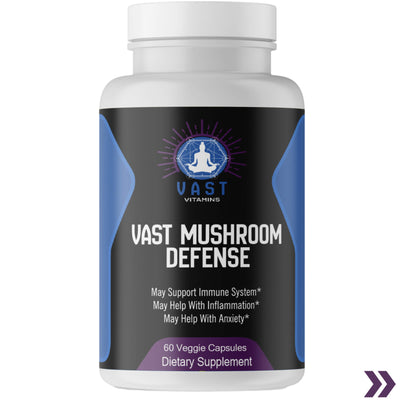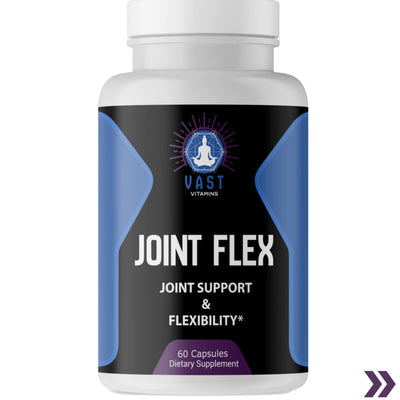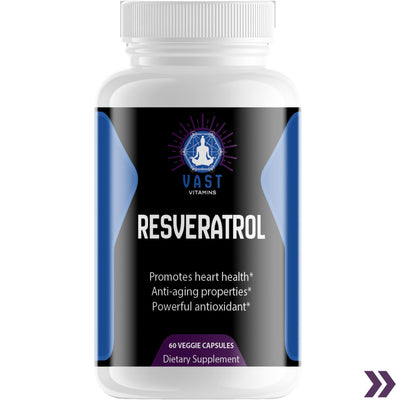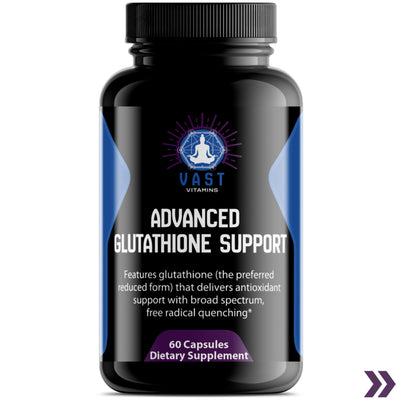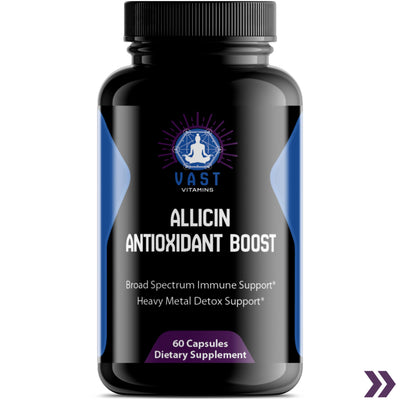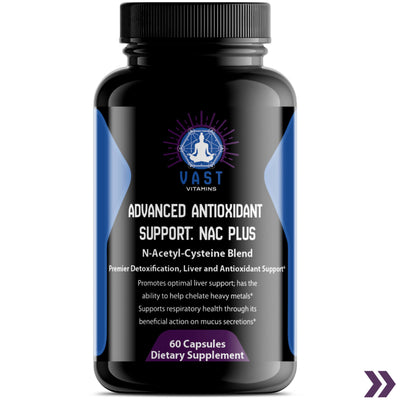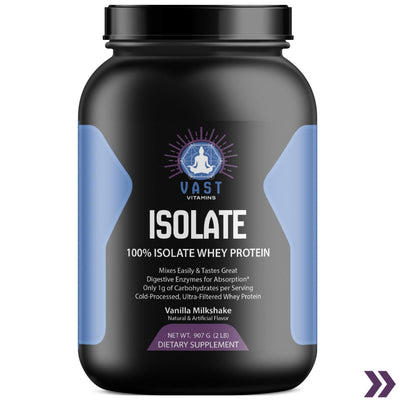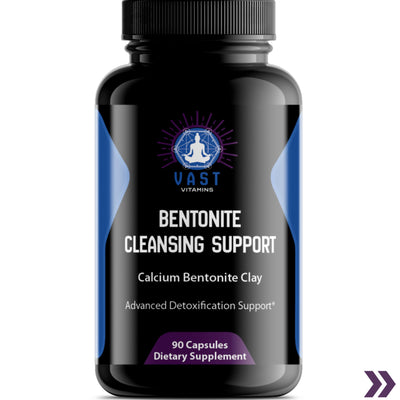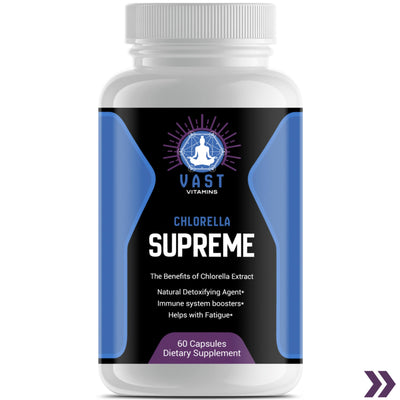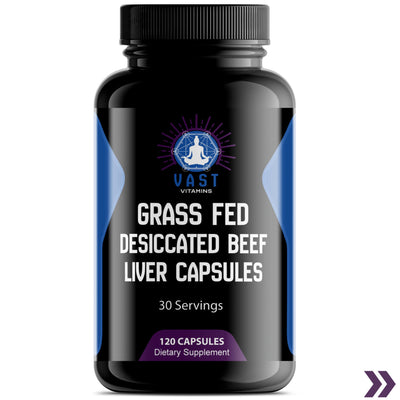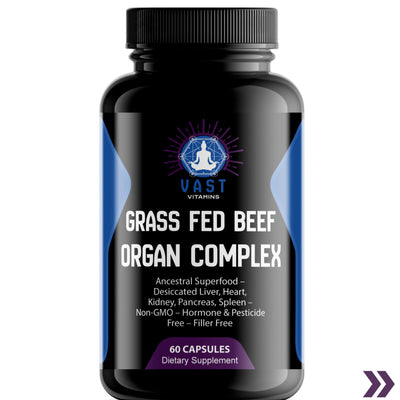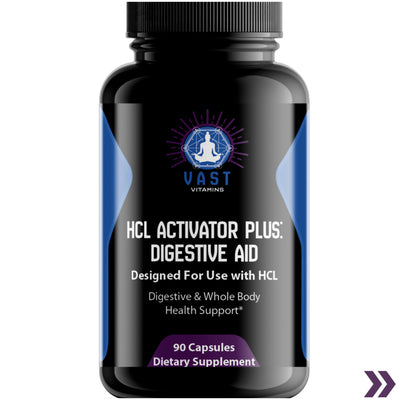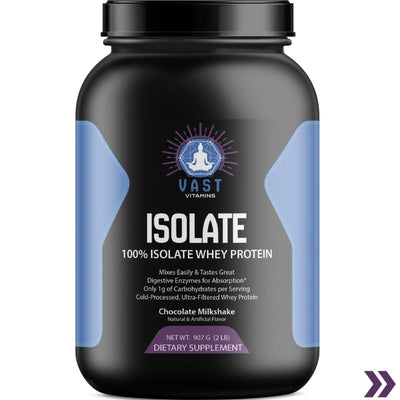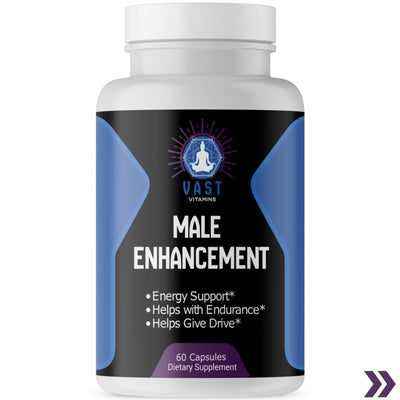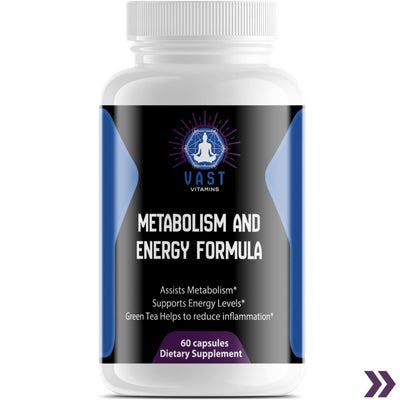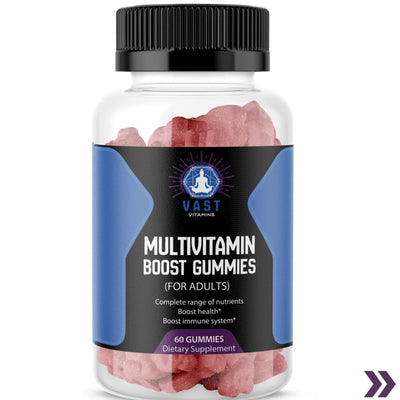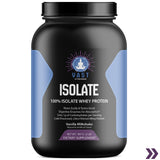Apple cider vinegar is a popular home remedy for many different ailments. One such ailment is weight loss. Apple cider vinegar is thought to help with weight loss by suppressing appetite, increasing metabolism, and preventing the body from storing fat. There are many different ways to incorporate apple cider vinegar into your diet for weight loss. Some people drink it straight, some people mix it with water or juice while others take it in supplement form. There are also many recipes available that include apple cider vinegar as an ingredient in your diet.
What is apple cider vinegar?
Apple cider vinegar is a type of vinegar made from fermented apple juice. It's used in a variety of culinary applications, as well as for its health benefits. Apple cider vinegar is rich in acetic acid, which has been shown to have various health benefits, including lower blood sugar levels and improved heart health.
The benefits of apple cider vinegar for weight loss.
Apple cider vinegar is a popular home remedy for many issues, and weight loss is no exception. Apple cider vinegar may help with weight loss by reducing appetite and calorie intake, increasing metabolism, and reducing water retention.
Apple cider vinegar contains acetic acid, which has been shown to reduce body fat in animal studies. In one study, rats given acetic acid were found to have lower body fat levels than those who were not given the compound. Additionally, vinegar consumption has been linked to reduced belly fat in observational studies.
While there is some evidence to suggest that apple cider vinegar may help with weight loss, more research is needed to confirm these effects. If you’re interested in trying apple cider vinegar for weight loss, be sure to speak with your Doctor first.

How to use apple cider vinegar for weight loss?
Apple cider vinegar has been shown to be effective in weight loss and fat burning. In one study, participants who took apple cider vinegar lost more weight and body fat than those who didn’t.
Here’s how you can use apple cider vinegar for weight loss:
1. Add it to your diet: Add 1-2 tablespoons of apple cider vinegar to your diet every day. You can add it to water or green tea, or take it as a supplement.2. Drink it before meals: Drinking a small amount of apple cider vinegar before meals can help you feel fuller faster and eat less overall.
The side effects of apple cider vinegar.
The most common side effect is an upset stomach. Apple cider vinegar is acidic and can irritate the lining of your stomach. This can lead to indigestion, nausea, and vomiting.Apple cider vinegar can also interact with certain medications. If you take diabetes medication or insulin, apple cider vinegar can lower your blood sugar level too much. This can lead to serious health problems such as hypoglycemia.
If you have any other medical conditions, talk to your doctor before taking apple cider vinegar. It's also important to use raw, unfiltered apple cider vinegar that contains the "mother." This is the cloudy substance found in the bottom of the bottle. Avoid taking apple cider vinegar if you're pregnant or breastfeeding.

Conclusion: Is apple cider vinegar worth it for weight loss?
In conclusion, apple cider vinegar may help with weight loss by increasing satiety and reducing the total number of calories consumed in a day. However, it is important to remember that it is not a miracle cure and should be used in combination with other lifestyle changes, such as diet and exercise, to be most effective. If you're considering trying apple cider vinegar for weight loss, speak to your doctor first to see if it's right for you.
FAQ Could apple cider vinegar help you lose weight?
What are the benefits of apple cider vinegar for the body?
There are many benefits of apple cider vinegar, including helping to regulate blood sugar levels, promoting weight loss, and reducing the risk of heart disease. ACV is also a natural disinfectant and can be used to clean household surfaces.
Is there a way to get the benefits of Apple Cider Vinegar without drinking it?
Yes there are apple cider vinegar supplements in capsule and gummy form.
What is Apple Cider Vinegar?
Apple cider vinegar is a vinegar made from apple cider that has undergone fermentation. It is used in salad dressings, marinades, vinaigrettes, food preservatives, and chutneys, among other things.
How is Apple Cider Vinegar Made?
Apple cider vinegar is made from fermented apple juice. The fermentation process breaks down the sugars in the apple juice into alcohol and acetic acid. The acetic acid is what gives apple cider vinegar its sour taste and strong smell.
What is Acetic Acid?
Acetic acid is an organic compound with the chemical formula CH3COOH. It is a colorless liquid that is miscible with water and has a strong, pungent smell. Acetic acid is the main component of vinegar, which is used as a food condiment, and has a wide range of industrial and household uses.
Can Apple Cider Vinegar Help you Lose Weight?
Yes, apple cider vinegar can help with weight loss. It is a natural appetite suppressant and can also help to boost metabolism.
What are the risk of taking apple cider vinegar?
Apple cider vinegar is a natural product, so it is generally safe to consume. However, there are a few potential risks to be aware of. First, apple cider vinegar is acidic, so it can erode tooth enamel and irritate the throat if consumed frequently or in large amounts. Second, apple cider vinegar can interact with certain medications, such as diuretics and insulin.
What are the benefits of acetic acid for weight loss?
Acetic acid is a popular weight loss supplement because it is thought to boost metabolism and reduce appetite. Some research suggests that acetic acid may help promote weight loss by increasing energy expenditure and fat oxidation, but more research is needed.
How much do you need?
Although recommendations for "dosing" vary, most are on the order of 1 to 2 teaspoons before or with meals.
























